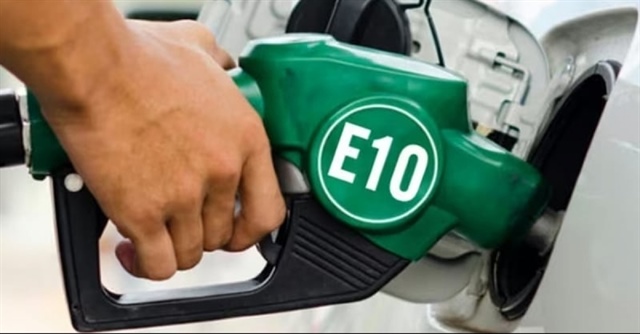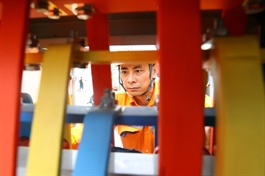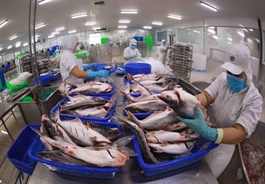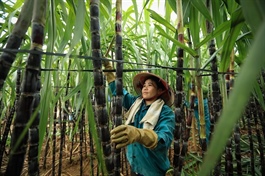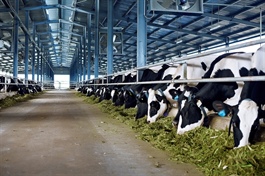MoIT charts new biofuel roadmap for nationwide rollout
MoIT charts new biofuel roadmap for nationwide rollout
The Ministry of Industry and Trade (MoIT) is pushing for wider use of biofuels, with a plan to make E10 the standard petrol nationwide.
|
Under the proposal, from January 1, 2026, all petrol produced, blended, and sold for vehicles with petrol engines across the country must be E10, a fuel blend containing 10 per cent ethanol. The draft circular, now open for public consultation, sets out the roadmap for expanding the use of biofuels in the transport sector.
From January 1, 2031, the second phase would take effect, requiring all petrol sold nationwide to be E15 or another blend determined by the MoIT, depending on vehicle readiness, socioeconomic conditions, and fuel supply capacity. Meanwhile, businesses are encouraged to voluntarily produce, blend, and, along with individuals, use biodiesel such as B5 and B10 ahead of the mandatory timeline.
Vietnam has previously introduced E5 and E10 bio-gasoline, phasing out RON92 mineral petrol entirely by 2018. Between 2015 and 2019, E5 RON92 made up more than 40 per cent of domestic petrol consumption.
Since 2020, however, demand for E5 RON92 has steadily declined, now accounting for only about 20 per cent of total consumption. In some localities, the fuel is no longer available at all.
The MoIT has identified the decline in E5 RON92 consumption as stemming from challenges in storage due to its tendency to absorb water and evaporate, insufficient tax and fee incentives to encourage use, limited communication to dispel concerns about engine damage, and a lack of oversight and enforcement.
In response, the ministry stresses that a new, comprehensive roadmap is essential to overcome these shortcomings, seize international trade opportunities, and revitalise the ethanol industry. Preparations are already underway, including ethanol blending infrastructure at major storage facilities and refineries, upgrades to transport, storage, and dispensing systems at retail outlets, and the establishment of national standards for E10, E15, fuel ethanol, and biodiesel to ensure a smooth nationwide rollout of E10.
According to calculations, the country’s six operating E100 plants (excluding the suspended Phu Tho facility) have a combined annual capacity of around 600,000 cubic metres. If running at full scale, they could meet only about 40 per cent of the ethanol needed for nationwide E10 blending, which was estimated at 1.5 million cubic metres in 2024 based on total petrol demand of 15 million cu.m.
To close the gap, imports from major producers such as the US and Brazil will be required, with supply expected to come through key ports including B12 in Quang Ninh, Nha Be in Ho Chi Minh City, and Van Phong in Khanh Hoa.
- 22:36 27/08/2025


